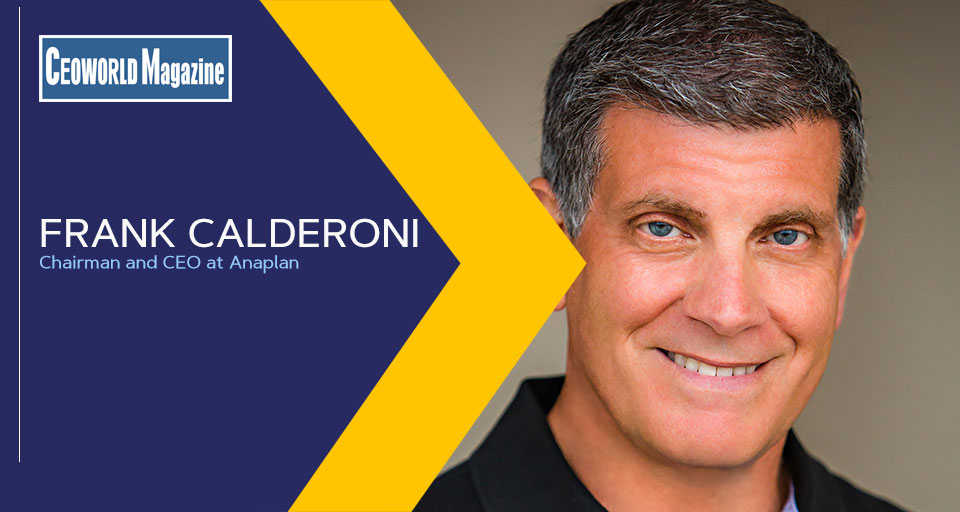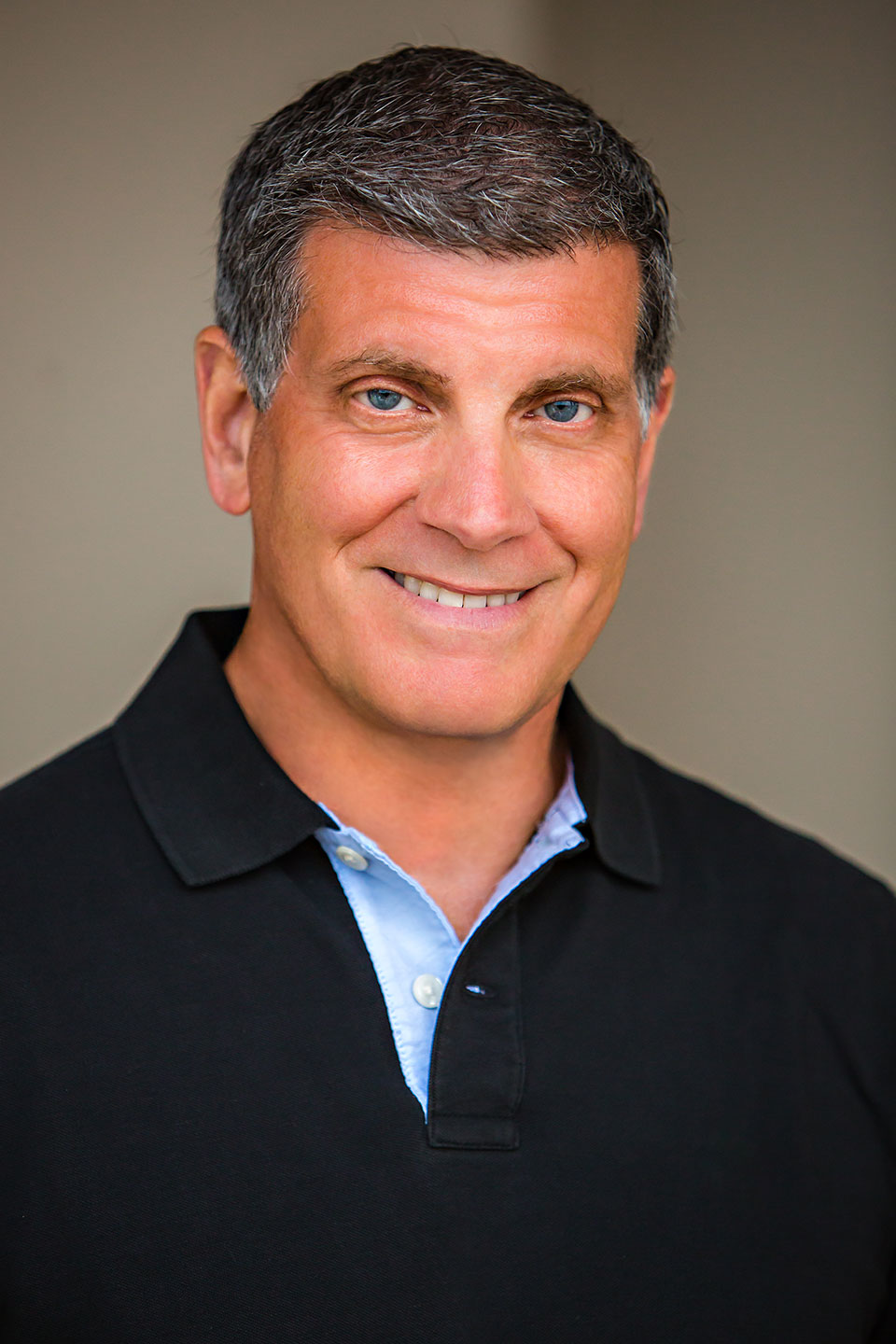Improving Employee Well-Being is the CEO’s Tool for Driving Growth in the Future of Work

The future of work is here, coupled with one of the hottest job markets we’ve ever seen. While CEOs and senior leaders have always sought profit margins and talent retention, the most effective tool for achieving both at once has changed: employee choice and well-being rather than a one-size-fits-all list of perks and benefits.
Many companies, including our own here at Anaplan, saw something unexpected happen when we had to adjust to being a 100 percent virtual company overnight last year: productivity went up, not down. One study found that 77 percent of workers were more productive at home than they were in the office. The big learning for us was that instead of having to encourage employees to work more while at home, we had to help them learn how to slow down and take breaks to avoid burnout.
We saw productivity increase when clock watching and how many hours people spent in the office were taken out of the equation. The trend of employers shifting to a model where employees are treated as professionals fully capable of making decisions around how to best spend their time existed before the pandemic. Recent events have accelerated the trend and even CEOs at the most traditional sectors and companies are looking into more flexible work environments.
Harvard-published research has shown the positive influence of employee well-being on company performance. One study within this report found a strong positive correlation between employee satisfaction and customer loyalty, productivity and staff retention. These three metrics also positively impacted profitability.
We have seen evidence of this at Anaplan during the past 18 months and we are excited to keep this focus to reap further benefits for our employees and customers as we move forward. Our guiding purpose is to empower our people to contribute their best selves by supporting them inside and outside of work and I believe we can be used as a case study on working with employees to decide what’s next.
While we certainly don’t have it all figured out, we are working with our employees continually to find the best path forward and are approaching all of these changes and ideas with an open mindset. We rolled out one set of programs during the pandemic to support our employees through those uncertain times and are currently undertaking a survey and several pilot programs to determine what the future of work, and the next normal, looks like for us.
At the beginning of the sudden move to virtual, we realized how hungry people were for information and connection. We changed the way we communicated and offered more frequent CEO-led company-wide meetings with open Q&As. As people have adjusted to the environment, we’ve evolved our communication style and checked in with employees regularly to make sure the cadence and format of information they are receiving makes them feel connected and supported. We made sure our employees had the resources they needed by offering a stipend to purchase home office/ergonomic equipment for working at home, a monthly allowance for phone and internet and an equipment loan program for those living near certain offices.
Our biggest focus, however, continues to be on the mental health and well-being of our employees. We promoted our company-provided mental health resources, held meetings with experts to share tips and best practices, created a pilot flexible work program that allowed employees to reduce their work hours and began offering Well-Being Days. Well-Being days were designed to create long weekends for company-wide rest and recovery. We had nine in 2020 and are offering more this year. We also did company-wide manager training programs on how to lead with empathy, maintain business continuity and find a work/life blend.
The response from employees was overwhelmingly positive, and personally gratifying to me as CEO, and the rest of the executive team. People were not only pleased with the new programs but felt we had provided them with real peace of mind, evidence we truly cared, and a deep sense of loyalty during those very uncertain times.
At Anaplan, the pandemic forced us all to work virtually and within the confines of whatever home obligations we had. The next normal will let us take the best of what we found, marry it with the best of what we had before, and let employees have more agency in determining how and where they work. We are engaging with our people to decide what the future of work looks like for us – with employee choice and well-being at the center of every decision.
In terms of where we work, we are letting employees choose whether they’d like to work full time at an office or at home, or in a hybrid environment. As the pandemic ebbs and surges around the world, we are piloting reopening our offices slowly, and as it is safe to do so, as we know some employees prefer the structure and environment of having an office.
We are also actively figuring out how we will work going forward to make our policies more inclusive and progressive, while opening up new career opportunities. We believe this new paradigm will make us better able to serve our customers and maintain business continuity.
To do this, we are experimenting with different structures including job sharing, part-time roles, and 4-day per week schedules. We believe happier, more efficient employees can only lead to happier, more satisfied customers. The company-wide meeting where we rolled out these initiatives was our most well-attended meeting with the highest engagement we have ever seen, showing just how hungry today’s workforce is for new ideas.
CEOs must adapt. The old way of work was about creating a single value proposition as an employer for people to take or leave. The future of work will be a dialogue that lets each employee work in the way that best serves themselves and in turn, best serves the company in achieving its business goals. When CEOs focus on the well-being of their employees, they create an environment that lets them do their best work and deliver the best possible experience to our customers.
Written by Frank Calderoni.
Bring the best of the CEOWORLD magazine's global journalism to audiences in the United States and around the world. - Add CEOWORLD magazine to your Google News feed.
Follow CEOWORLD magazine headlines on: Google News, LinkedIn, Twitter, and Facebook.
Copyright 2025 The CEOWORLD magazine. All rights reserved. This material (and any extract from it) must not be copied, redistributed or placed on any website, without CEOWORLD magazine' prior written consent. For media queries, please contact: info@ceoworld.biz









